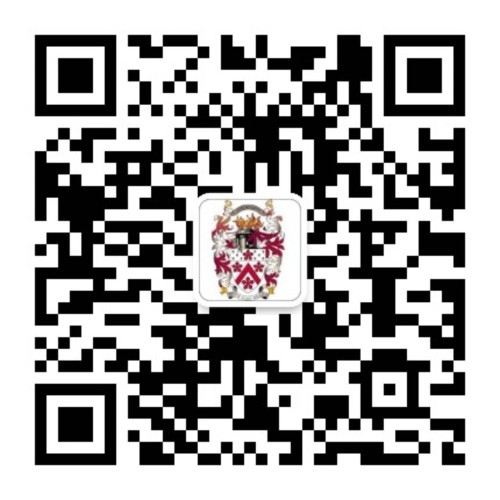Learning Principle 4: Tim Rees, Gary Stokes, Grace Xia
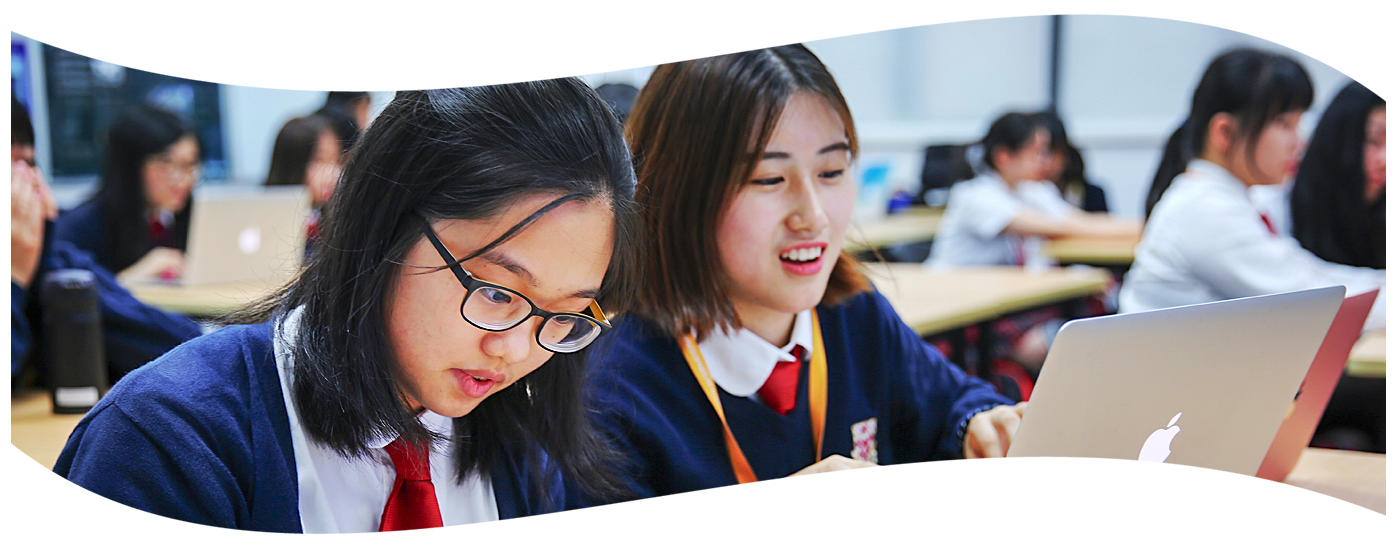
Learning Principle 4: Learners develop and synthesise new and preexisting skills, knowledge, and understanding, and apply them to a range of theoretical and practical contexts.
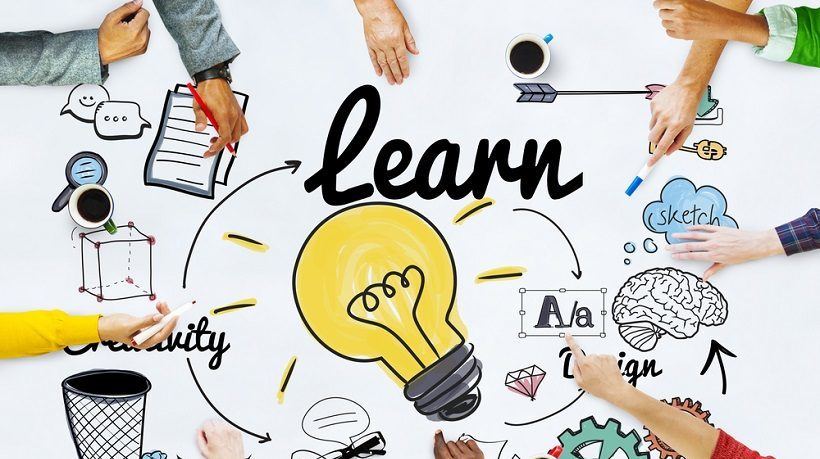
In our latest look at the Learning Principles at Dulwich International High School Suzhou; we explore a key principle for student success in the world of tomorrow. Students who are able to use the skills they have previously learnt and apply them to new contexts are able to succeed better not only across a wider range of subjects in school but also in the wider contexts of college, work, and life.
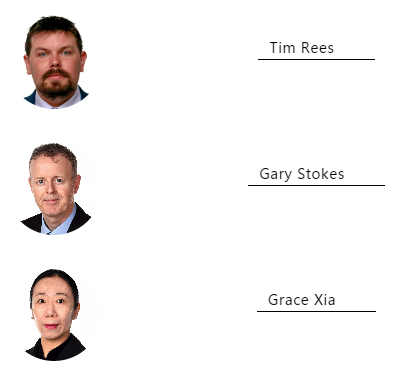
Through preassessment, students share their prior knowledge and the skills they already have and, more importantly, their understanding of the unit or topic. Students have the opportunity to have their understanding challenged and further developed with activities, questions, tests and quizzes. This then drives student engagement, motivation and progress.
In Physical Education (PE) students who have learnt basketball, for example, will transfer many of the fundamental skills into a new sport of netball. Students learn the new rules of the game, but because of their prior knowledge of skills, such as shooting and passing, the students are able to understand and succeed at the game faster than students who had no prior knowledge. It applies across a wide range of sports such as cricket and golf, hockey and football.
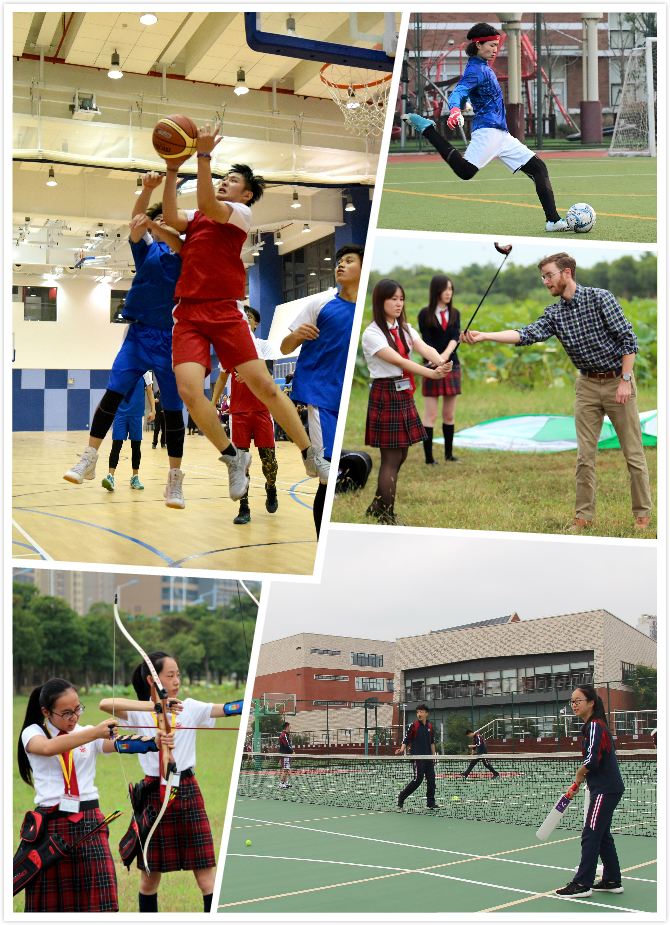
In Maths, the knowledge, skills and concepts are like a chain - any loose link in the chain will cause problems for future understanding. During the study of each maths topic, students discover the relationships between what they are learning now and what they have learned in the past. The aim is for the students to really understand the topic and make connections, and consequently to add a new link to their chain of knowledge and skills. Once they have truly understood the topic and acquired the skills they do not forget easily.
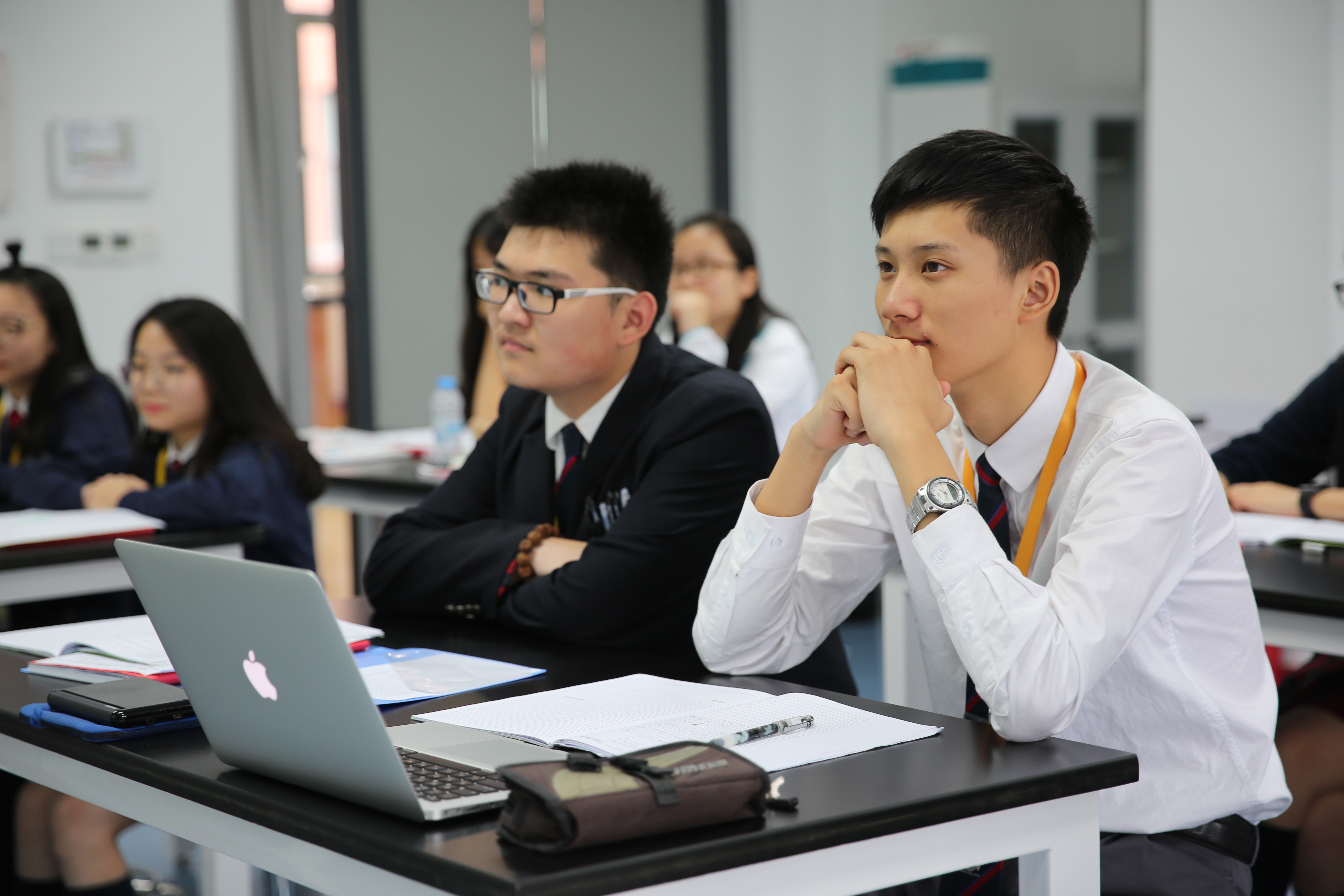
For example, in IGCSE Additional Maths, to truly understand the topic Linear Law, students need good understanding of straight lines and other functions. Students learn the concept of the Venn diagram and related knowledge in the IGCSE years, and then in A Level statistics use this knowledge again to study probability.
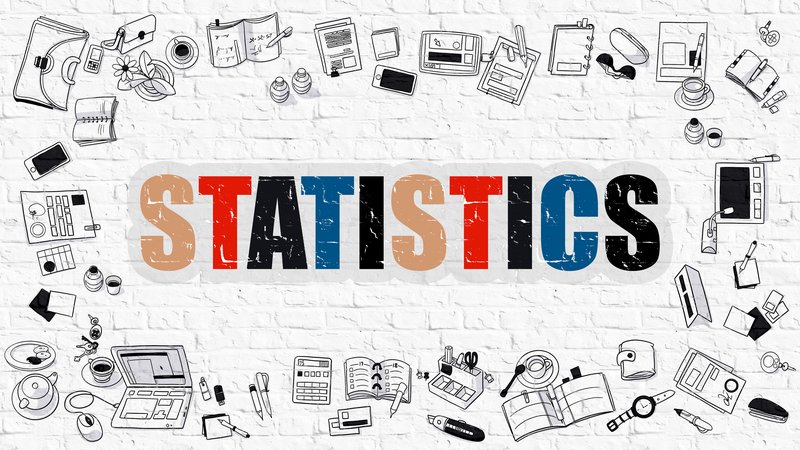
In Science, we aim to develop investigative skills and provide opportunities for learners to expand their knowledge base and skill set in a practical environment. Practical work is personalized and supported to allow a sequential development of skills in using apparatus and a range of equipment to complement theoretical ideas. Learners use a variety of simulations and models to make links between areas of the curriculum. They work within teams, as well as independently, to discover, analyse and evaluate. Interactive tasks and regular reinforcement of new concepts allow each learner to create a pathway through a module, which enhances prior knowledge and consolidates new knowledge.
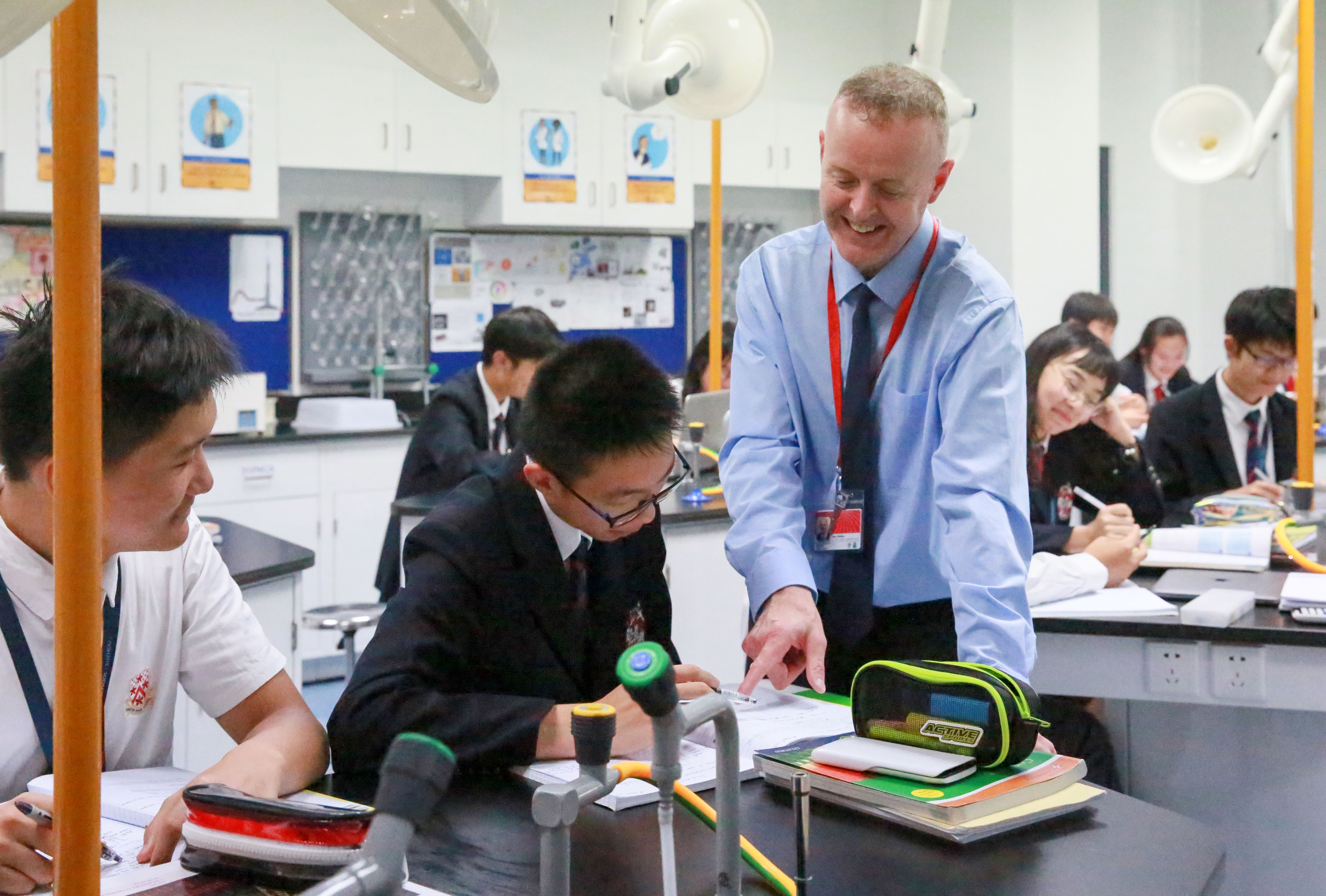
To support this learning principle, when discussing learning with their child, parents should not only ask‘What have you learned today?’ but also ask questions such as: ‘How do you use learning from one subject in another subject?’, ‘How are you developing skills?’, and ‘How will you use your skills and understanding outside of school?’





